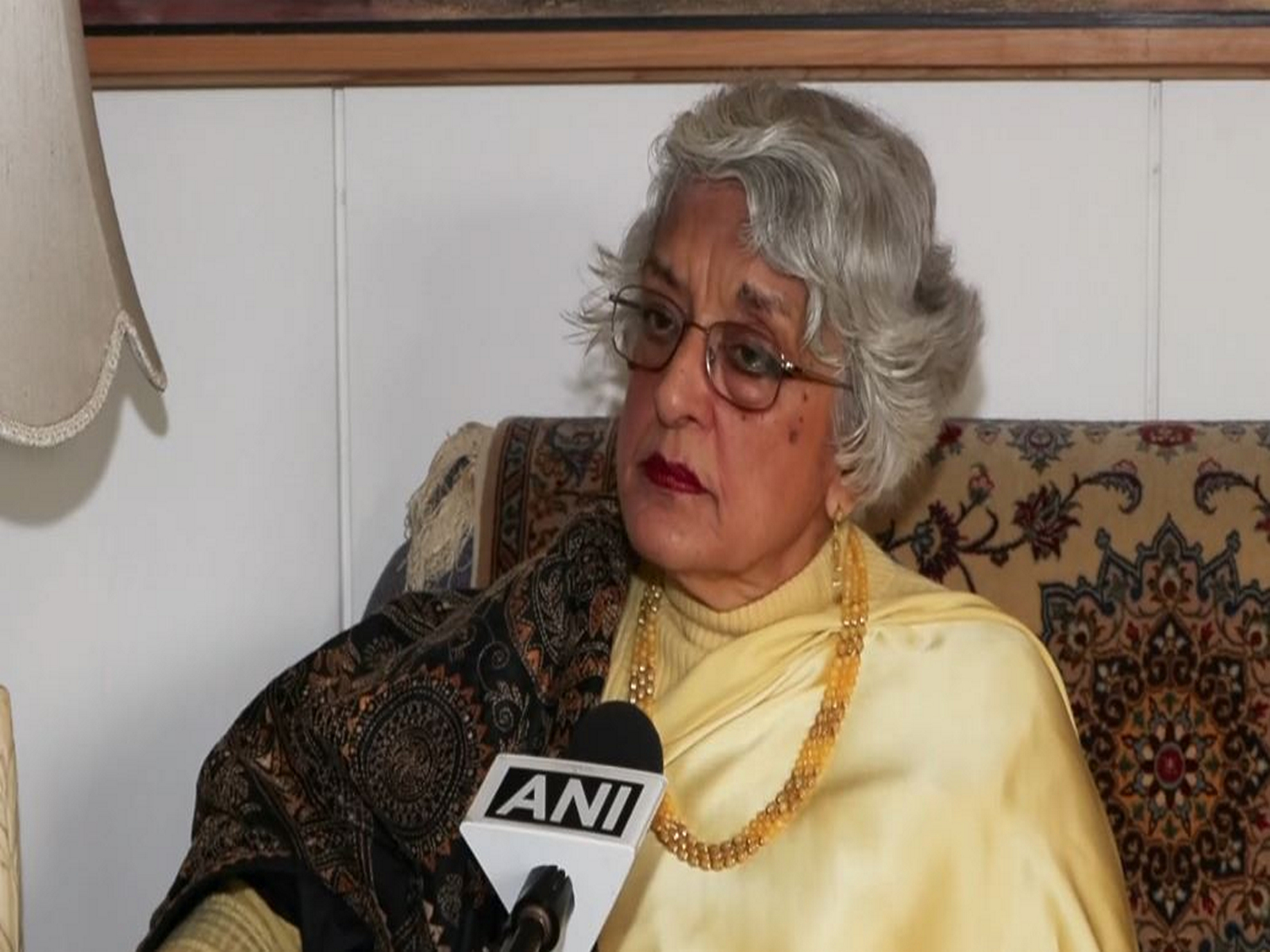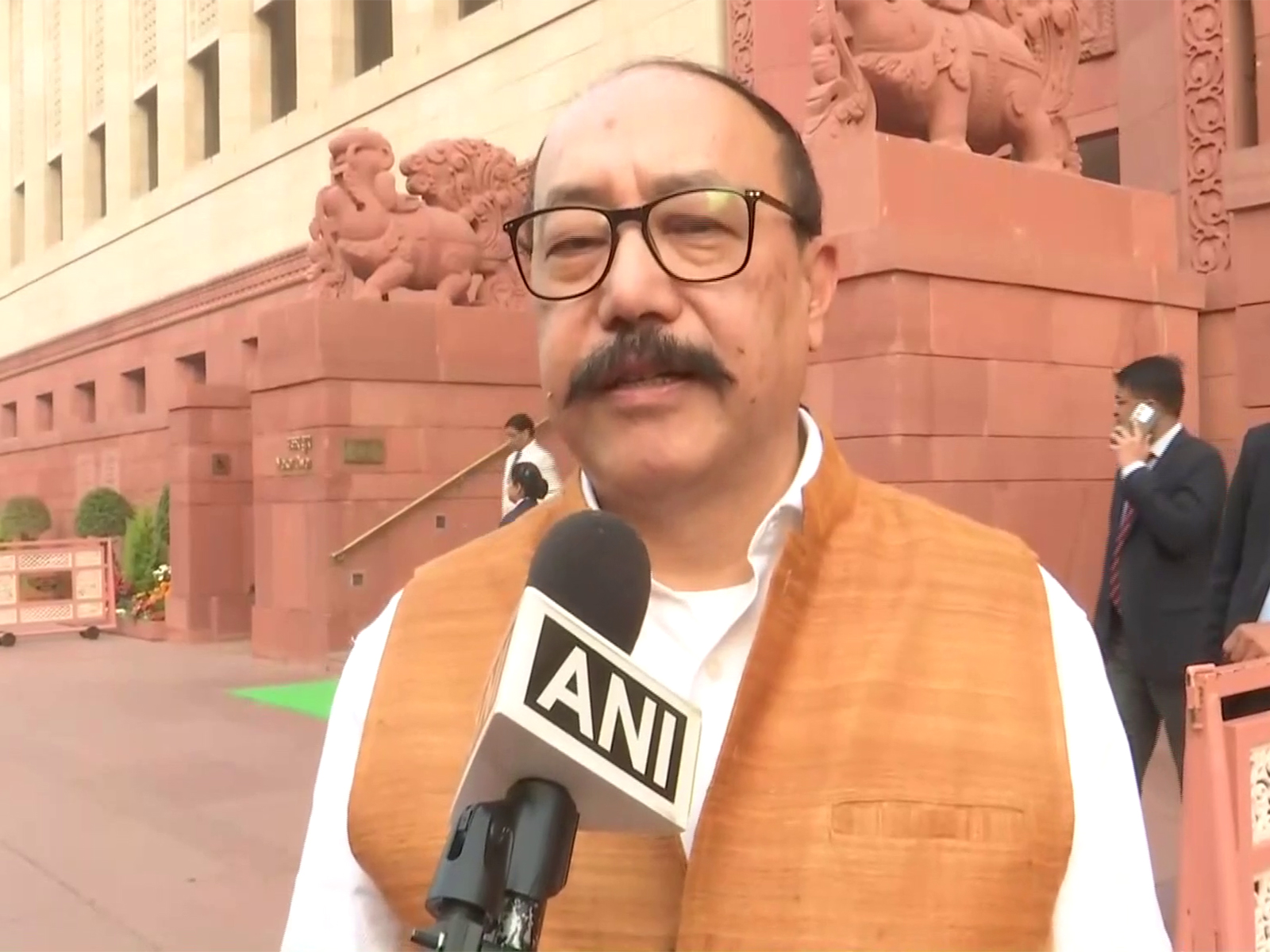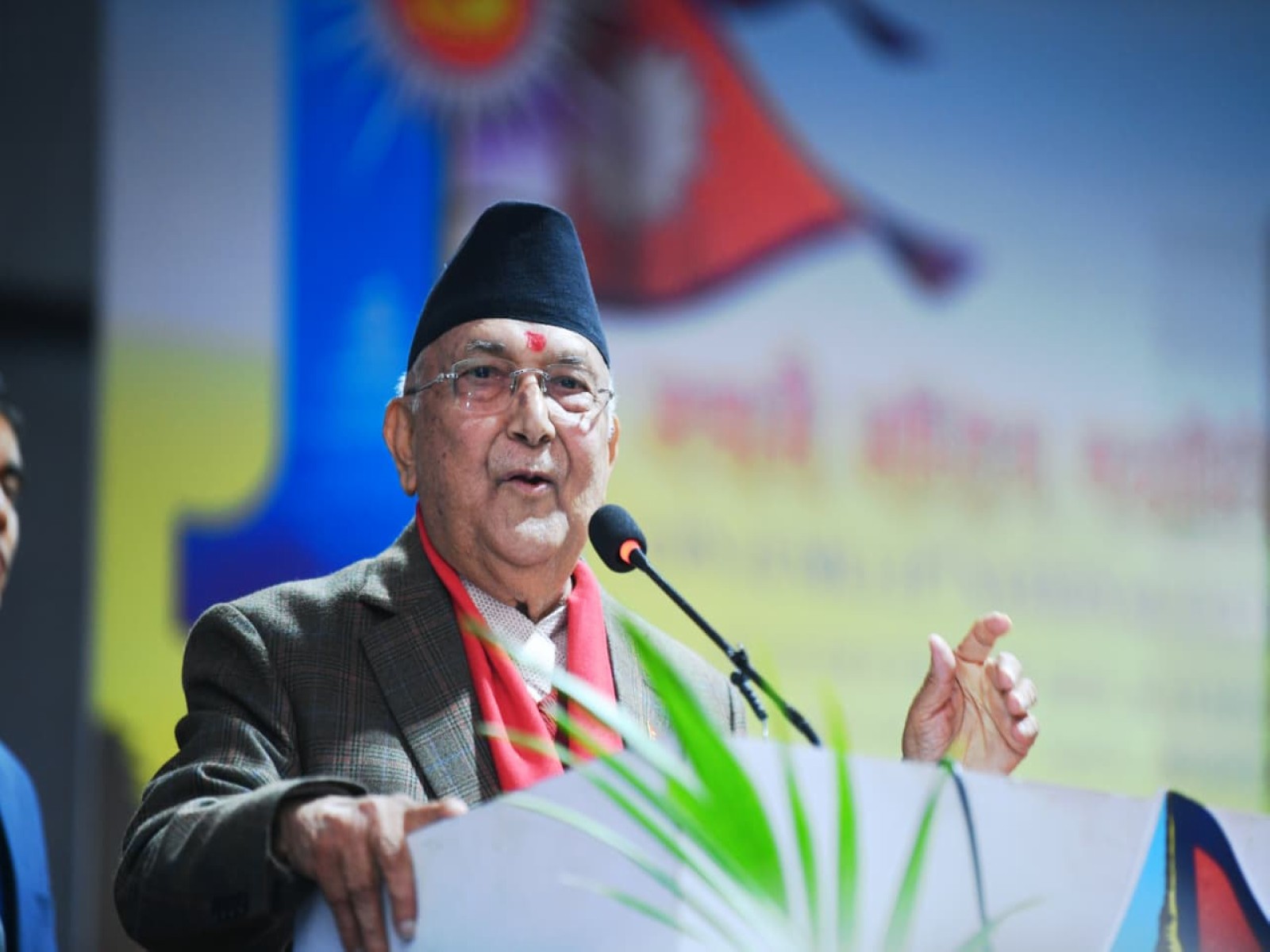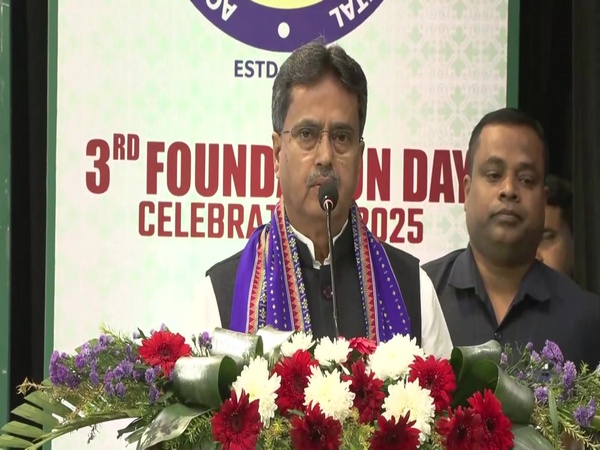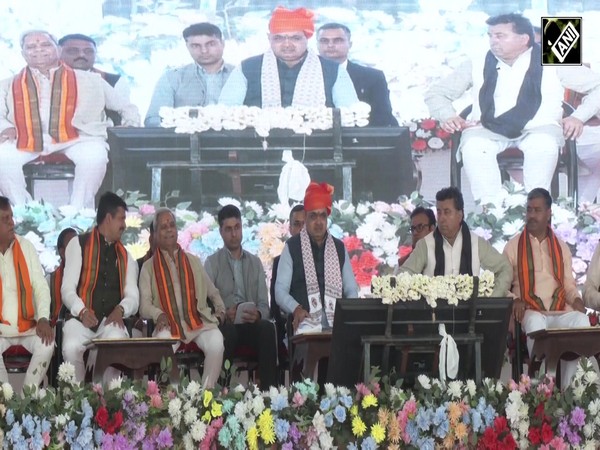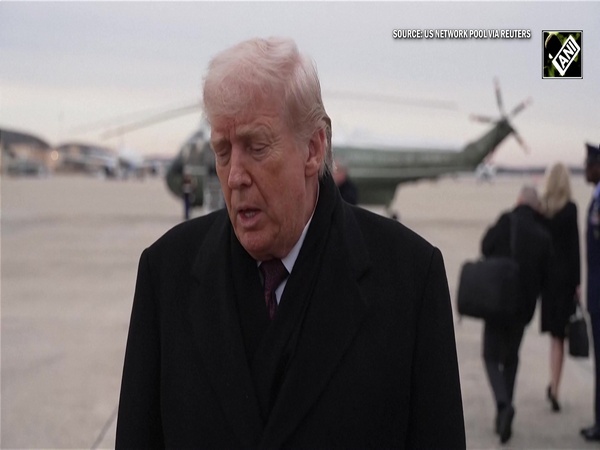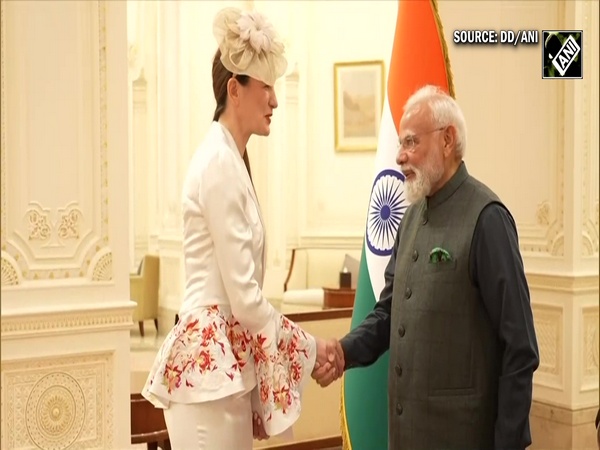Suga, Biden to discuss worsening human rights situation in China
Apr 11, 2021

Tokyo [Japan], April 12 : Japan Prime Minister Yoshihide Suga and US President Joe Biden will express their deep concern about human rights violations in China in a joint statement to be released after a Japan-US summit next week, as per the Japanese government sources.
The summit, scheduled for Friday, April 16 in Washington, comes as the Biden administration ramps up criticism of China's treatment of the Muslim Uyghur minority in the Xinjiang region and actions concerning Hong Kong. Suga has said those issues must be addressed based on basic human rights principles.
According to Kyodo News, it would be rare for Japanese and U.S. leaders to single out human rights issues in China in a joint statement. Tokyo and Washington are now arranging the wording of the planned statement.
As part of increased vigilance against China's maritime assertiveness, the joint statement will also affirm the Senkaku Islands in the East China Sea fall under the scope of a Japan-US security treaty, government sources said on Saturday.
Kyodo News reported that Biden and Suga are also expected to agree on the importance of ensuring peace and stability in the Taiwan Strait, where tensions are rising.
As part of increased vigilance against China's maritime assertiveness, the joint statement will also affirm the Senkaku Islands in the East China Sea fall under the scope of a Japan-U.S. security treaty, according to the sources.
Suga and Biden are expected to make clear Article 5 of the 1960 security treaty, which states the United States will defend territories under Japan's administration from armed attack, applies to the group of islets.
The uninhabited islands are controlled by Japan but claimed by China, which calls them Diaoyu and frequently sends coast guard ships nearby to assert its ownership.
The Asia-Pacific region features several territorial disputes in the South China and East China seas which involve Brunei, China, Japan, Malaysia, the Philippines, Taiwan, and Vietnam. Beijing claims most of the region.
As per media outlets, Suga and Biden are expected to meet later this month to discuss human rights in China, Taiwan is likely to become a major point of focus amid concern over its security due to Beijing's rising assertiveness.
The US is pursuing a multilateral approach to stand up to China, including forging cooperative groups and alliances to resist Chinese rule-breaking and gross human rights violations.
China has been rebuked globally for cracking down on Uyghur Muslims by sending them to mass detention camps, interfering in their religious activities and sending members of the community to undergo some form of forcible re-education or indoctrination.
Beijing, on the other hand, has vehemently denied that it is engaged in human rights abuses against the Uyghurs in Xinjiang while reports from journalists, NGOs and former detainees have surfaced, highlighting the Chinese Communist Party's brutal crackdown on the ethnic community.
In the US, the previous Trump administration determined that China has committed genocide against Muslim Uyghurs and other ethnic and religious minority groups in Xinjiang and said that the Chinese Communist Party (CCP) must be held accountable for its acts against humanity.
Meanwhile, China imposed the draconian National Security Law in Hong Kong last year. The law criminalises secession, subversion, and collusion with foreign forces and carries with it strict prison terms. It came into effect from July 1. Since then, a number of former pro-democracy lawmakers have been arrested.
